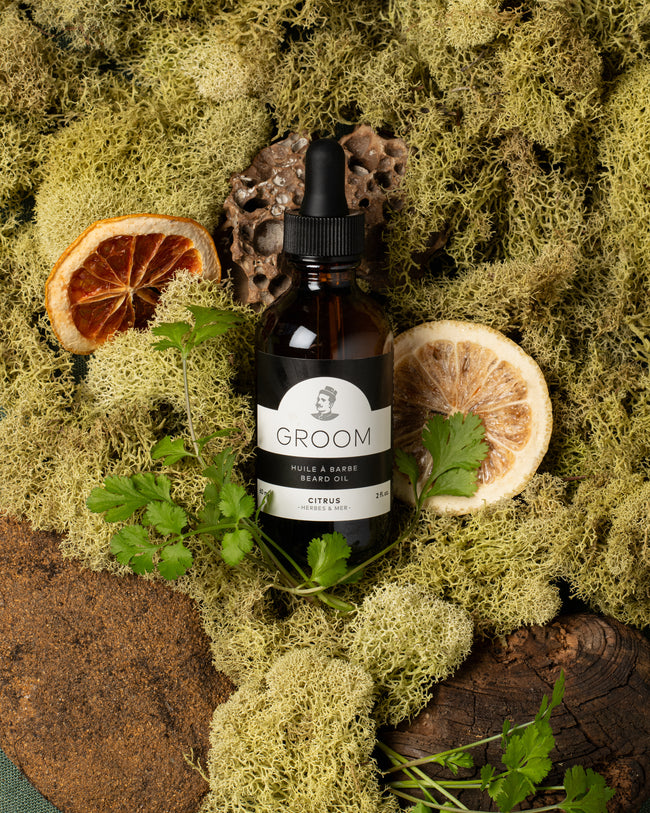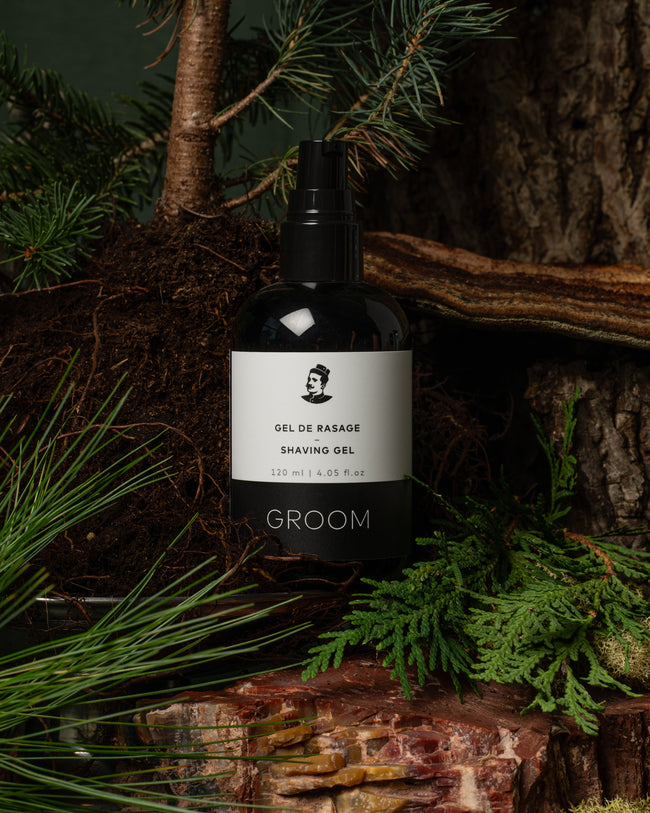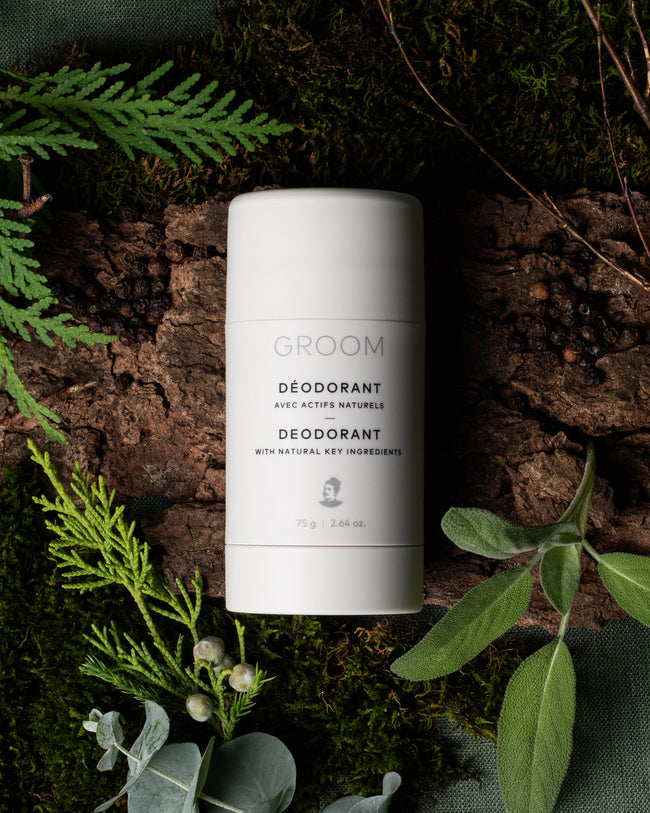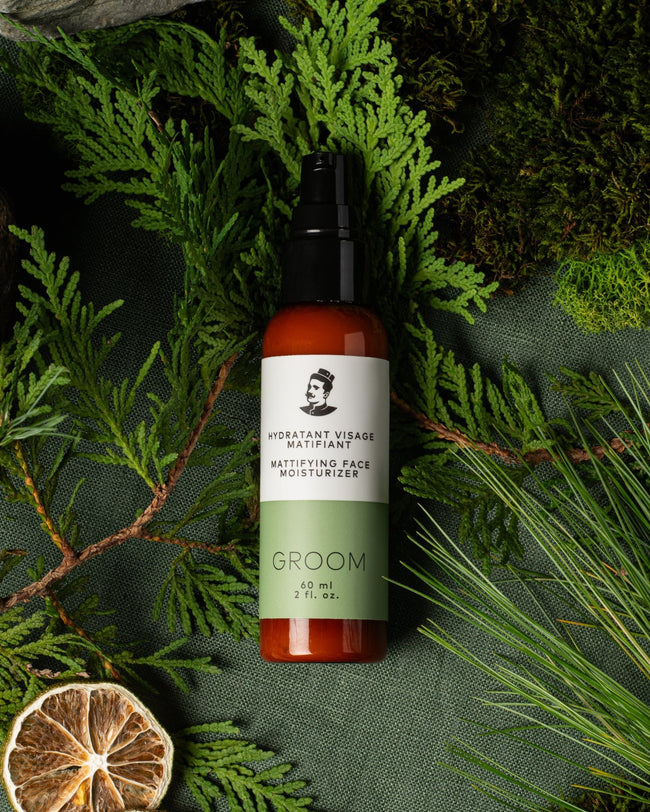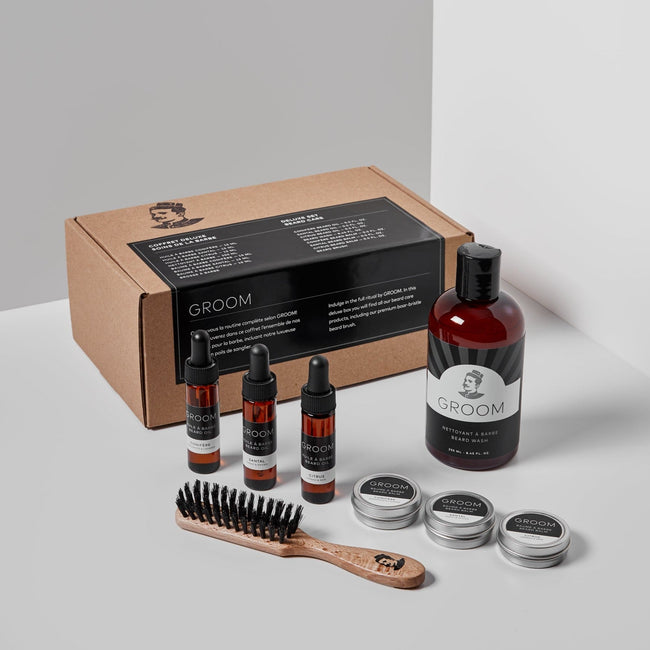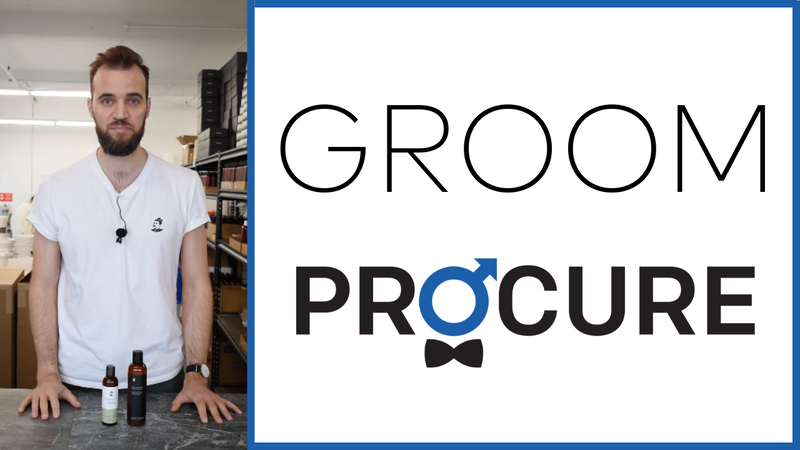A PROMISING START
Believe it or not, one of the oldest chemical formulations mastered by humankind is your daily, multi-function soap.
On top of being a crucial chemical discovery, the invention of soap brought out the concept of hygiene (and its many benefits) to the first civilizations using it (see, washing your hands was already a trend back then).
It all started in 2500 BC, in Mesopotamia. The first mixtures of ashes and animal fat were discovered in amphoras stamped with a relatively precise recipe.
Sure, it was not a Jamie Oliver book, but it was enough for people to take that recipe, work on it and slowly elevate it to the process we know today.

IT’S ALL IN THE RECIPE
This recipe is made using only two ingredients.
First, a fatty compound (like an oil) combined with sodium hydroxide (lye) following a precise ratio. Molecules from these two ingredients meet each other and realize how fun it is to hang out together. The result of this new friendship? (You guessed it!) soap molecules!
But wait a minute…
Isn't lye dangerous?
That's true! Lye is indeed a caustic and irritating ingredient.
However, when mixed with oil (like olive oil, for example), lye transforms itself only to keep its cleansing properties. This process is called saponification.
Saponification can be made following two different processes: hot and cold.
The lye and oil mixture is heated to accelerate the reaction for hot-processed soap.
As the saponification process occurs, another component appears - glycerol, which you probably know as glycerin.
Glycerin is a potent humectant ingredient that locks moisture in the skin, making it very interesting to keep in a body soap.
However, when heated, glycerin separates itself from the soap batter. Therefore, it becomes easy for Big Soap Corps to collect and use it somewhere else or sell it by itself.
OUR METHOD
Here at GROOM, we decided to make cold-processed soaps, which take longer but allow us to keep glycerin in our products, making them even softer on your skin.
We begin with a base of olive, coconut, castor and hemp seed oils.
We picked these oils based on their ability to harden. When creating soap, you cannot use any oil in random quantities. The wrong choice of Oil can completely transform the texture of the final product.
For example, olive oil will make soap that melts quickly, becoming stringy if left too damp. At the other end of the spectrum, palm oil is well known for making soaps that get very hard and smooth. However, since the culture of palm oil is directly linked to the intense deforestation of pristine tropical forests, we make a point to avoid using it in our recipes.
Once lye and oils are mixed, it gradually gains the texture of a batter. It then becomes possible to add other ingredients such as essential oils for scent, clays or various exfoliants. And that's where our fun begins!
For our latest addition, the Arabica Soap, espresso coffee grounds have been blended into the mix to provide a fine yet efficient exfoliation.
In our Forêt Soap, we add ground fir needles for gentle exfoliation. It also naturally gives a beautiful colour and fragrance to the soap.
As for our Rhassoul Soap, it is enriched with an especially mineral-rich volcanic clay originating from a deposit in Morocco - locally called "rhassoul" clay, as the word means "to clean" in Arabic.
A LIL’ SOMETHING EXTRA FOR YOUR SKIN
To create products that make a difference, we are also surfatting our formula.
This means that we add another fatty compound (in this case, shea butter) after the initial chemical reaction.
Shea butter added after saponification will keep all of its properties and make soap even more moisturizing.
Once everything is mixed together, we cast molten soap in forms to let it sit for at least 4 weeks. Then, the chemical reaction continues, removing all traces of lye from the batter. This is what we call 'curing.'
Making soap is an ancient art form, a traditional craft that we want to honour with every single bar of soap that leaves our workshop.
We hope you can feel this on your skin when using our products.
Fancy feeling the difference for yourself? Try our Arabica, Rhassoul and Forêt Soaps!

@lesindustriesgroom Making of our new Forêt Soap! 🌲#soapmaking #soap #xyzbca #lesindustriesgroom #howitsmade #morningroutine ♬ Darling - Trees and Lucy


